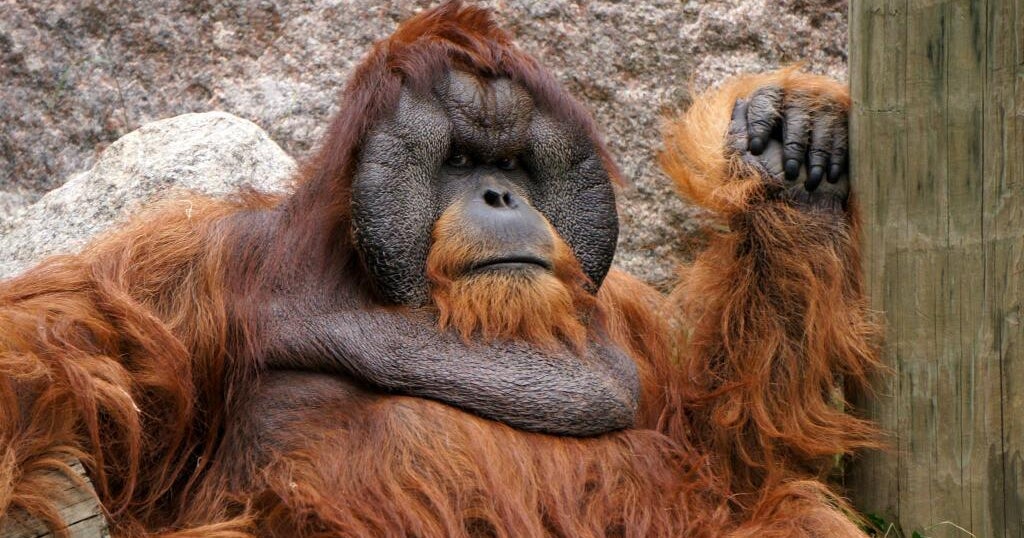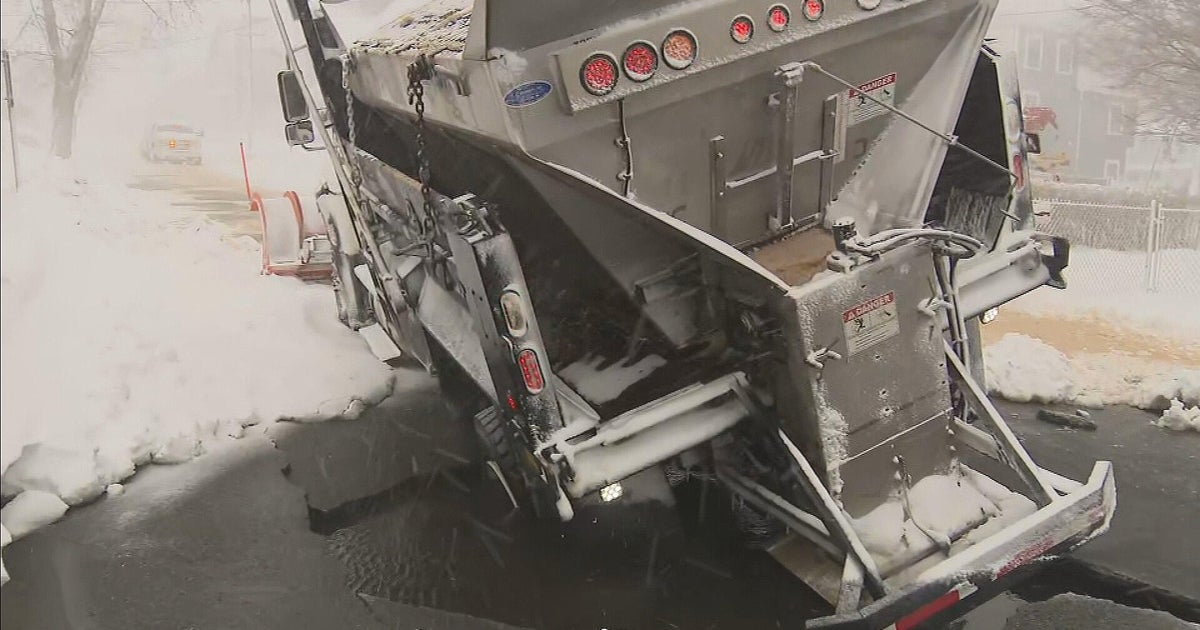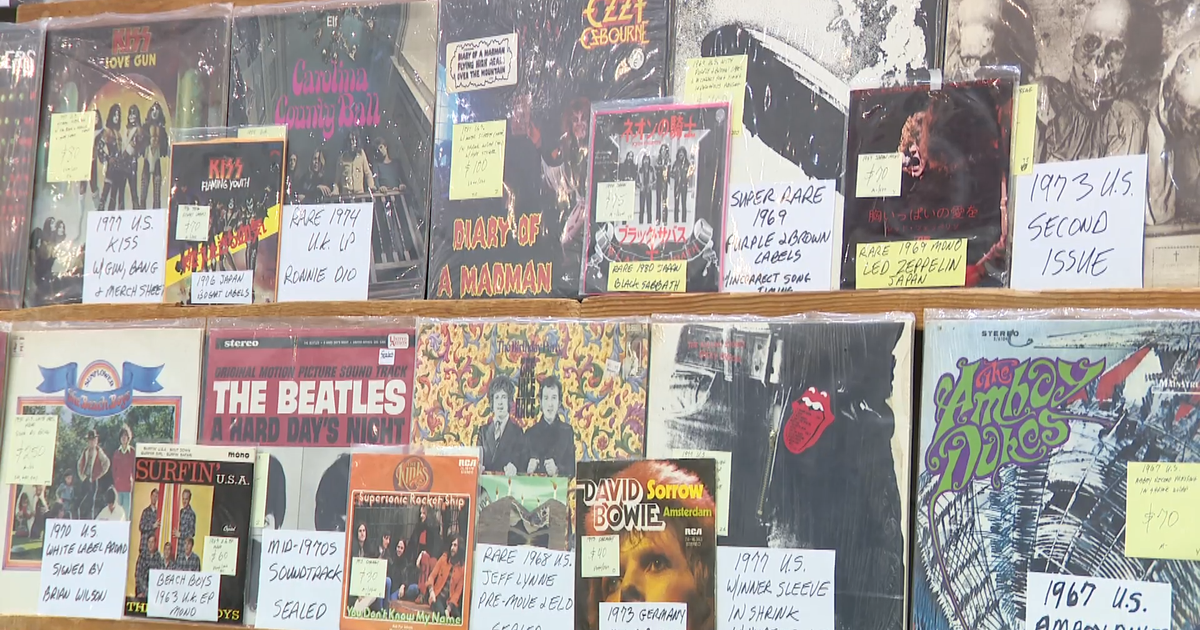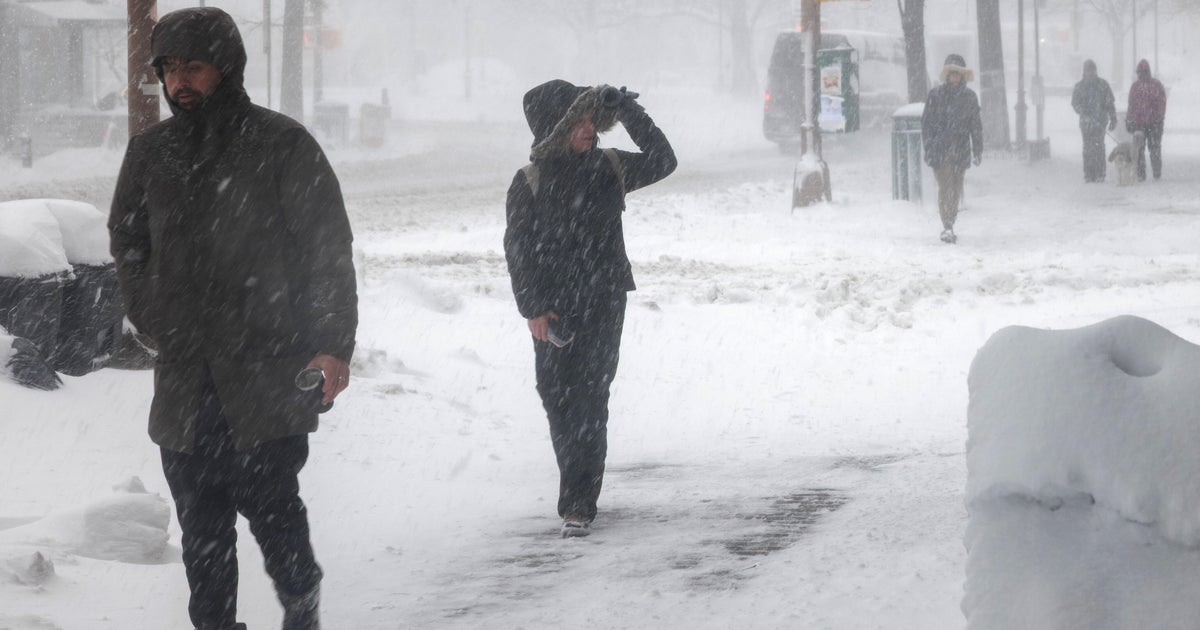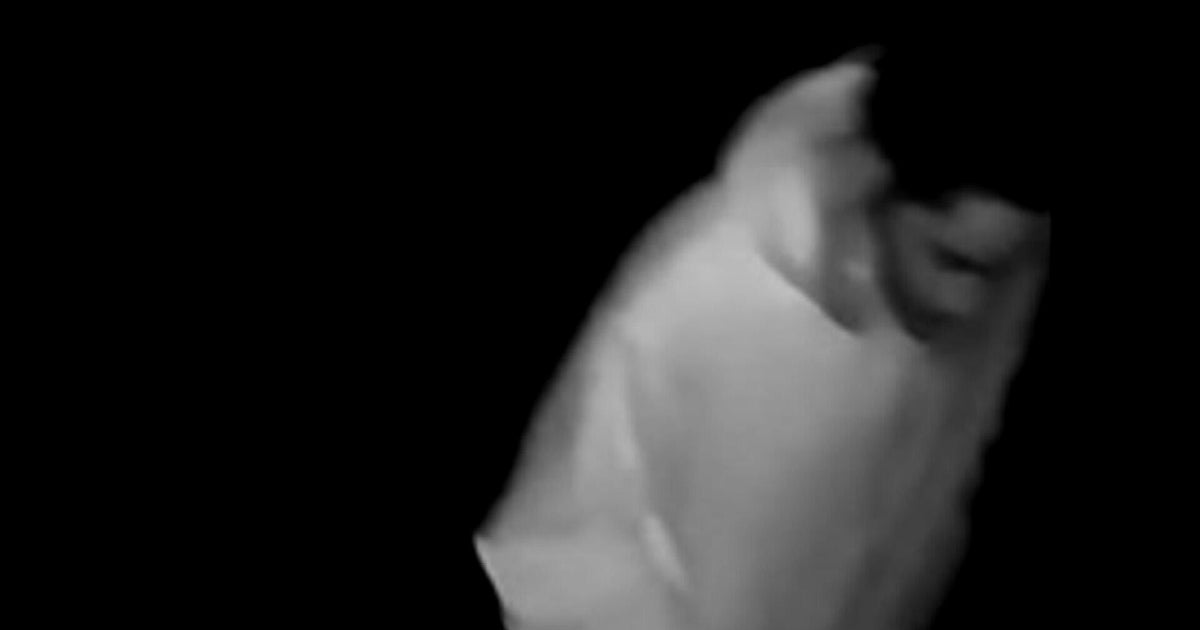Minnesotans watch partial solar eclipse at Bell Museum in St. Paul
ST. PAUL, Minn. — Did you see the solar eclipse Monday afternoon?
It may have been difficult with the overcast skies we saw across the state, but if you did see it, you witnessed a pretty rare event.
"I actually wanted to see my first eclipse," said Gavin Olson.
The Bell Museum in St. Paul is known for its natural history, but on Monday was all about astronomy.
"She has no school today and she's been asking me, 'How are we going to celebrate the eclipse?' And just looked around and saw all that they were doing at the Bell Museum," said Liz Cumblad. "Only once in their childhood so I figured, let's make the most of it, you know?"
Six-year-old Rosie Cumblad was more than ready.
"The moon blocks the sun and I have glasses," said Rosie.
Visitors like Rosie learned about sun safety and even how to fashion your own eclipse glasses.
RELATED: See the full list of past total solar eclipses in the U.S. since 1778 ahead of the 2024 show today
The Orion Skyquest Telescope at the museum also has a solar filter so it can block out 99% of the sun's light for safe eclipse viewing.
Those who did watch saw a partial solar eclipse, with the peak happening at 2 p.m. Minnesota wasn't in the path of totality, with the moon blocking out about 79% of the sun in our state. Still, it's a rare sight.
"There was actually a partial eclipse back in October 2023, so it was pretty recent. It's rare to have two so close by in the U.S.," said Sally Brummel, planetarium manager.
Brummel said where the moon is and how the Earth is tilted, decides which part of the country sees a total solar eclipse. She said the nearest location for that was Indiana. But that doesn't mean there was any less intrigue at the Bell.
"People are excited because it doesn't happen very often, it's also a way to understand where we are. It has to do with the earth, moon and sun lining up, and understand where these three things in space are, really excites people," said Brummel.
The next total solar eclipse won't happen in the U.S. until 2044, although solar eclipses will happen in other parts of the world before then.


